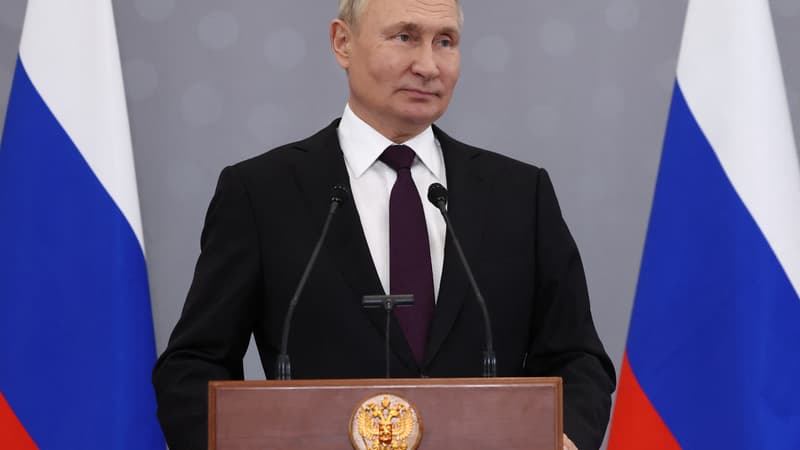Collateral damage from the Russian “special military operation” began on February 24. Disinformation and hatred of Jews have “flourished” on the Internet since the beginning of the Russian invasion, aggravating a process already started by the Covid-19 pandemic, according to a European report published on Thursday.
“The coronavirus epidemic and Russia’s aggression against Ukraine have further fueled anti-Semitism, which remains a serious problem,” said Michael O’Flaherty, director of the European Agency for Fundamental Rights (FRA).
“The risks of false narratives fuel anti-Semitism”
According to this report published in English, the European Union (EU) analyzed the consequences of the Russian invasion of Ukraine in June.
“The risks of false narratives fuel anti-Semitism”, while Russia justified its war with “a misuse of terms such as Nazi” to describe the government in Ukraine, estimates the FRA.
“Jewish communities across Europe” have been “deeply affected” by online hate in the context of the Russian invasion and outbreak, it continues.
In addition, the organization based in Vienna, Austria, judges that “the record of anti-Semitic incidents remains deficient throughout Europe”, with the compilation varying in each country.
Some, like Hungary and Portugal, do not collect any official statistics, making any comparison on the scale of the 27 EU members impossible.
In some countries, such as Austria or Finland, the majority of recorded incidents occurred on the Internet.
Brussels presented its first strategy to combat antisemitism in 2021 and according to the FRA, the European Commission “will publish implementation reports in 2024 and 2029”.
Source: BFM TV


